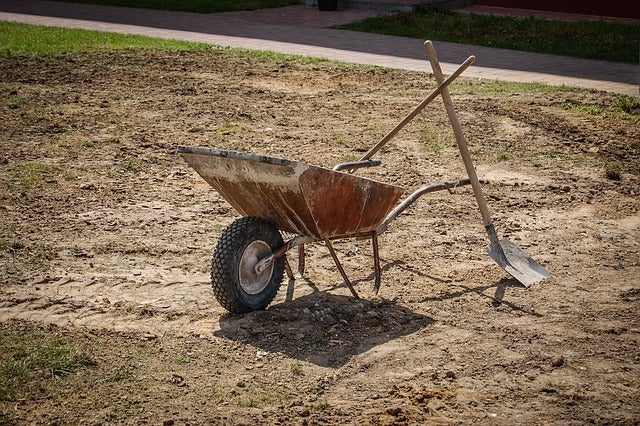The Garden Muse: Frost dates
Published 11:57 am Friday, January 27, 2023
|
Getting your Trinity Audio player ready...
|
 It’s that time of year when I organize my seed packets for planting. I plant flowers, herbs, and vegetables from seed every year. Some I start indoors and some I do not. Knowing what the last and first frost dates of the year are is extremely helpful in calculating the length of the growing season in your demographic area and when to sow seeds.
It’s that time of year when I organize my seed packets for planting. I plant flowers, herbs, and vegetables from seed every year. Some I start indoors and some I do not. Knowing what the last and first frost dates of the year are is extremely helpful in calculating the length of the growing season in your demographic area and when to sow seeds.
A ‘Last frost date” for the year is a calculated date that an early spring freeze or frost may occur. A ‘First frost date’ is a calculated date projecting the possibility of the first fall freeze/frost of the year. Both can affect the germination of seeds and plant health. It is very disappointing to lose a garden bed full of tender seedlings to a last or first unexpected frost.
Frost dates are calculated from NOAA data. Locally weather centers may predict a possible frost when air temperatures are 32 degrees Fahrenheit. However, the air closer to the ground can be much colder and caution should be taken to protect garden plants.
I use the Richmond frost dates from the Farmer’s Almanac each year, which are April 9 and October 31 for 2023. Depending on where you are planting in Virginia these dates may vary. Topography & microclimates in your garden may also cause variations in frost dates.
It is important to note the ‘planting’ instructions usually printed on the back of the seed packet. There most companies will print the optimal time to sow the seed. It is common to see instructions like ‘Start indoors 6-8 weeks prior to last frost’ or ‘Sow in place, early spring.’
It is especially important to know that seeds required to be sown indoors usually need a longer growing season than what your area will provide. That is why a ‘head start’ indoors before the warm weather of spring arrives and the tender seedlings can be transplanted into the garden is required.
Some plants are hardier than others when it comes to early and late frost events. The weather in the spring can also be a fickle foe. I have learned many a lesson on patience and now have a few late spring garden chores lined up to keep me busy and less likely to sow seed or transplant seedlings too early.
Dawn Conrad is a Retired Virginia Cooperative Extension Master Gardener, Herbalist, Writer and Artist. She can be contacted at dawn@ mygardenmuse.com.



